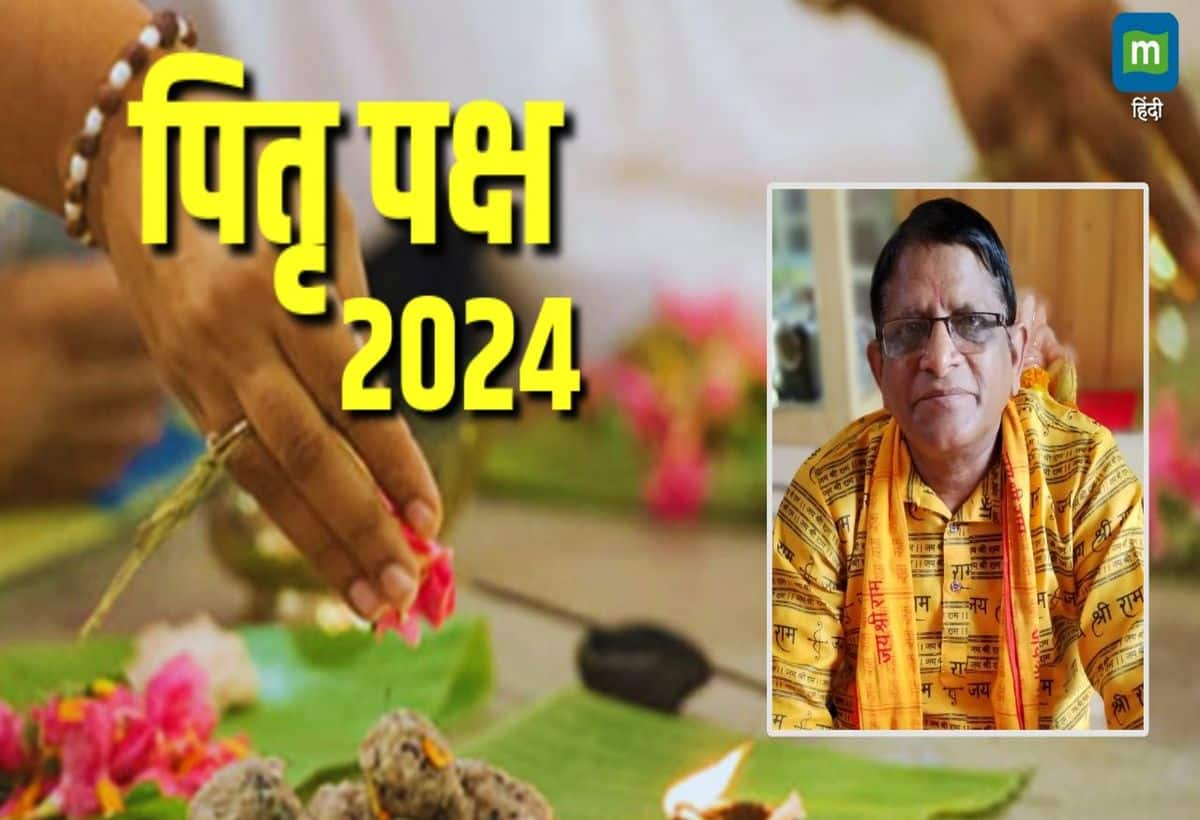Understanding Pitru Paksha: A Reverent Time for Ancestors
Each year, 16 days are dedicated to honoring our ancestors, a period known as Pitru Paksha. During this time, it is believed that Lord Yamraj liberates the souls of the departed ancestors, allowing them to receive offerings, known as tarpan and pinddaan, from their living family members. This year, Pitru Paksha will be observed from September 17 to October 2. According to ancient Hindu scriptures, this is a time when all auspicious activities are put on hold to focus solely on the Shradh rituals for ancestors. For followers of Sanatan Dharma, performing Shradh holds great significance and is an expression of respect—derived from the Sanskrit word ‘Shraddha’—to one’s ancestors. It is believed that regular Shradh ceremonies contribute to the prosperity and progress of one’s lineage.
Who Should Perform Shradh?
Traditionally, the performance of Shradh rituals is reserved for male family members; however, there are specific circumstances under which women may also partake in these sacred rites. It is essential to understand these exceptions to honor the ancestral lineage appropriately.
Performing Shradh When There Are No Male Descendants
Pandit Bhale Ram Sharma Bhardwaj explains that in the absence of a son, a grandson, great-grandson, or even a nephew can perform the Shradh rituals. Additionally, both unmarried girls and married women have the opportunity to conduct Shradh at home. When it comes to Pinddaan, a specific ritual, it must be performed in Gaya, where unmarried girls and married women can also participate. Notably, there is a significant example in the scriptures: Sita ji performed the Shradh and Pinddaan for her father-in-law, King Dashrath, in Gaya. In families with no male heirs, the wife can perform the Shradh for her deceased husband, and widows may also conduct Shradh for the peace of their ancestors’ souls.
What is Pind Daan?
The term ‘Pind’ translates to a spherical form, which symbolically refers to the human body. The ritual of Pind Daan involves creating a round-shaped offering made from rice, barley flour, black sesame seeds, and ghee. This offering is made to honor the departed souls and is an essential part of the ancestral rites.
The Importance of Tarpan and Pinddaan
Tarpan, Pinddaan, and other religious rituals are performed to ensure peace for the souls of the ancestors. These practices are believed to appease the departed, providing them with satisfaction and blessings. Ritual meals are served to Brahmins, and donations are made as prayers are offered for the tranquility of the ancestors’ souls. Observing these traditions not only fosters a connection with our heritage but also invokes divine blessings for prosperity and well-being in our current lives.












